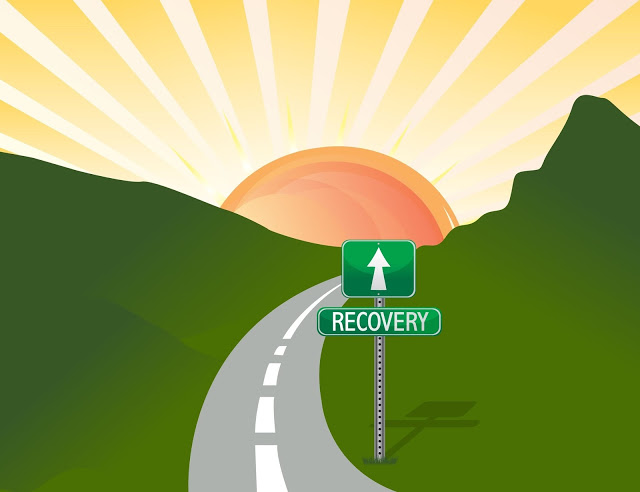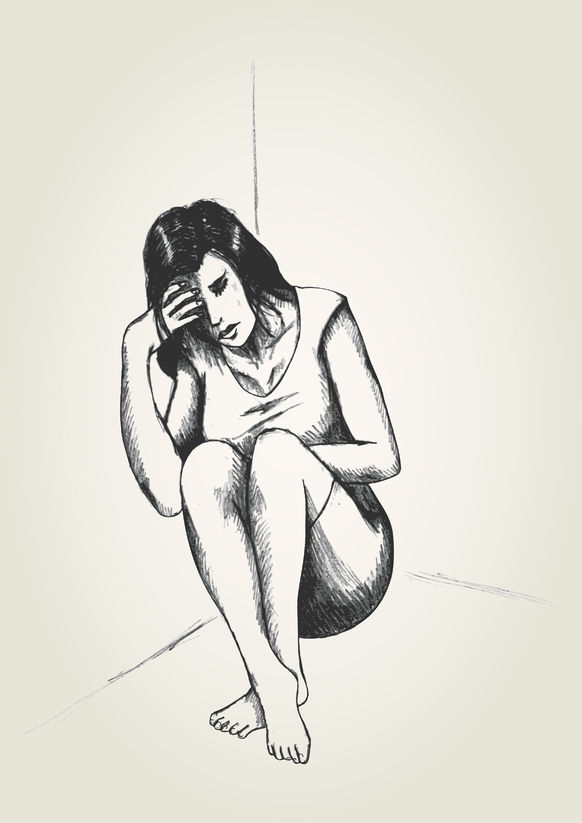IN THE ROAD TO RECOVERY COLUMN WE ARE WORKING THE EIGHT PRINCIPLES OF CELEBRATE RECOVERY THAT ARE BASED ON THE BEATITUDES, ALONG WITH THE TRADITIONAL 12 STEPS OF RECOVERY AS THEY ALIGN WITH THE YEARLY CALENDAR.
So if you think you are standing firm, be careful that you do’t fall! ~ 1 Corinthians 10:12
Step 10: We continued to take personal inventory and when we were wrong, promptly admitted it.
Principle 7 (Celebrate Recovery): Reserve a daily time with God for self-examination, Bible reading, and prayer in order to know God and His will for my life and to gain the power to follow His will.
Here is how I like to work The Daily Examen:
1: Ask God to bring to your awareness the moment today for which you are most grateful.
- If you could relive one moment, which one would it be?
- When were you most able to give and receive love today?
- Ask yourself what was said and done in that moment that made it so good.
- Breathe in the gratitude you felt and receive life again from that moment.
2: Ask God to bring to your awareness the moment today for which you are least grateful.
- When were you least able to give and receive love?
- Ask yourself what was said and done in that moment that made it so difficult.
- Relive the feelings without trying to change or fix it in any way.
- Take deep breaths and let God’s love fill you just as you are.
3: Give thanks for what you have experienced. If possible, share these two moments with a friend.
The Examen is a different way of taking daily inventory, but I like how it combines my prayer time with God and a daily reflection. There are many ways to work The Examen I hope you will look into it further and consider trying it. I think you’ll find it a sweet time with God as you look back over your day.
Enjoy this brief video that will walk us through The Examen. If you can’t see the video screen below click here .
10.02.13










